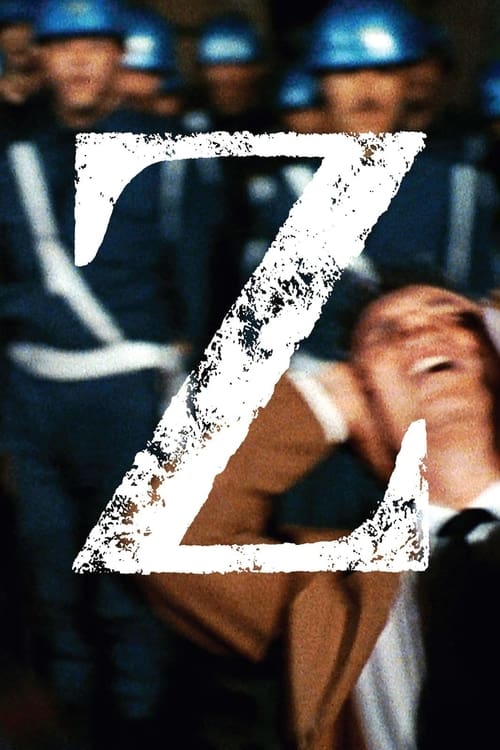
Title: Z
Year: 1969
Director: Costa-Gavras
Writer: Costa-Gavras
Cast: Yves Montand (The Deputy, a doctor), Irene Papas (Hélène, wife of the Deputy), Jean-Louis Trintignant (Examining Magistrate), Jacques Perrin (Photojournalist), Charles Denner (Manuel, friend of the Deputy, lawyer),
Runtime: 127 min.
Synopsis: Amid a tense political climate, the opposition leader is killed in an apparent accident. When a prosecutor smells a cover-up, witnesses get targeted. A thinly veiled dramatization of the assassination of Greek politician Grigoris Lambrakis and its aftermath, “Z” captures the outrage at the US-backed junta that ruled Greece at the time of its release.
Rating: 7.789/10